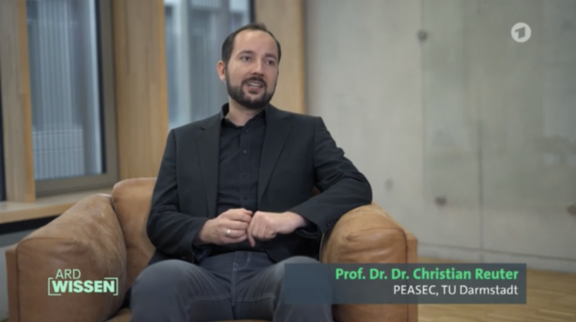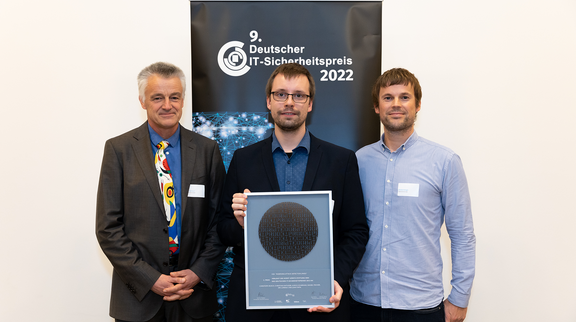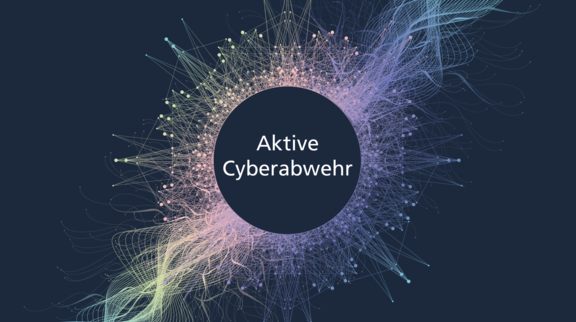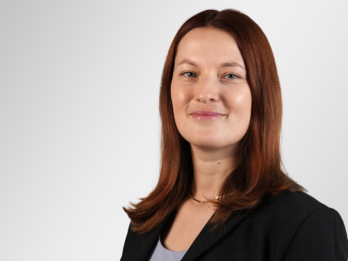News

ATHENE reserach in the ARD
In the new ARD documentary "ARD Wissen: Deutschland im Ernstfall: Wie schützen wir unsere Infrastruktur?", ATHENE researchers Prof. Christian Reuter, head of the ATHENE research area "Secure Urban Infrastructure (SecUrban)" and Dr. Marc-André Kaufhold report on their research on automated collection of public data sources and data evaluation with credibility analysis and information prioritization. Thisr research was conducted as part of the CYWARN project and the ATHENE research area Secure Urban Infrastructure (Securban).
read more
ATHENE researchers take 2nd place at the Deutsche IT-Sicherheitspreis 2022
Great success for ATHENE scientist Prof. Christoph Busch and his team from Darmstadt University of Applied Sciences: The biometrics specialists were awarded 2nd place for their "Morphing Attack Detection" software at the 9. Deutschen IT-Sicherheitspreis. The prize is endowed with 40,000 EUR.
read more
ATHENE researchers among finalists of the 9th German IT Security Award
The 10 nominees for the 9th German IT Security Award have been determined. In a multi-stage process, the jury selected the most innovative projects from 54 submitted. Ten concepts made it to the finals. ATHENE scientists are involved in 3 of the 10 submissions. The three winning teams will be announced on November 10 at the end of the Bitkom Cybersecurity Innovation Conference.
read more
Whitepaper on "Active Cyber Defense"
As a result of the Russian attack on Ukraine, the discussion about active cyber defense has also flared up again. Politicians are calling for improved capabilities. In their white paper "Active Cyber Defense" our CEO Prof. Michael Waidner and our cybersecurity expert Prof. Haya Shulman provide concrete examples of the technical options available for improving cyber defense in Germany.
read more
